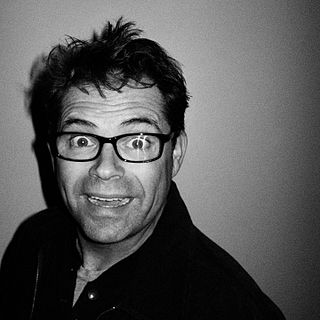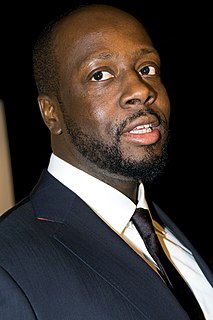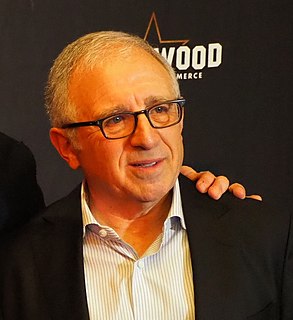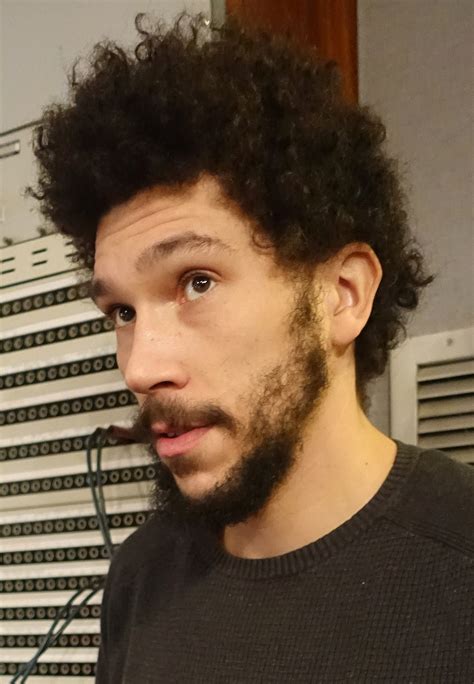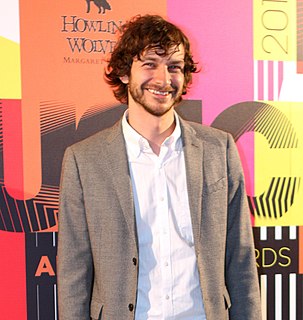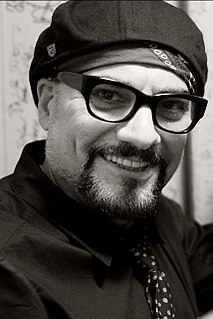A Quote by Todd Rundgren
When I got out of the Nazz, I had it in my mind that simply to be eclectic was an important aspect of making music. It was something that I derived from The Beatles.
Related Quotes
It just annoyed me that people got so into the Beatles. "Beatles, Beatles, Beatles." It's not that I don't like talking about them. I've never stopped talking about them. It's "Beatles this, Beatles that, Beatles, Beatles, Beatles, Beatles." Then in the end, it's like "Oh, sod off with the Beatles," you know?
I have a very eclectic iPod. So I've got my cardio people - so it's anything from Beyonce to some Jay-Z to Janelle Monae, her song 'Tightrope,' that's a good cardio song. And then I've got Sting. I've got Mary J. Blige. I've got The Beatles. I've got Michael Jackson. I try to pick the songs that I personally love.
I was nine, and I was shopping in a supermarket with my dad. There was this cereal, and it had a special promotion with a CD inside the box that had a really simple music-making program on it. I got it, and that opened my mind to being able to make music on a computer and seeing all the different layers.
Music's totally eclectic now. I saw a DJ the other day, he was on Virgin radio over here, and he said he played "Going Underground", the Jam song, on his breakfast show. Then he got a text from some young kid asking if was a new band. I think a lot of people these days, younger people as well, are aware of all sorts of music, really. If you're into the Libertines you probably also have to be aware of the Beatles, or the Kinks. I think there's a better, possibly greater appreciation for all music, of all eras, I think.
Since the traditional recorded-music business models have drastically changed, there is truly diminished income derived from recorded music by artists - both current and catalog. The touring industry has become much more important as a majority revenue stream and the ancillary fan experiences and promotions that may be derived from it.
A big part of making music is the discovery aspect, is the surprise aspect. That's why I think I'll always love sampling. Because it involves combining the music fandom: collecting, searching, discovering music history, and artifacts of recording that you may not have known existed and you just kind of unlock parts of your brain, you know?
The Beatles have a deeper appreciation of all music. There's a humor, there's a Broadway sense, and later on, the Indian stuff came in. The Beatles were always taking in stuff and filtering stuff out to us. There's such a classical sense of arrangement, and their harmonies-what the Beatles did vocally is amazing.
I've dedicated a lot of my life as a writer to understanding how to hear the divine voice, or the music of the spheres, or whatever it is that we do when we're making art, making something out of nothing. Figuring out how to do that is much more important than knowing how to execute a good line. I don't think about that anymore, I just write.


